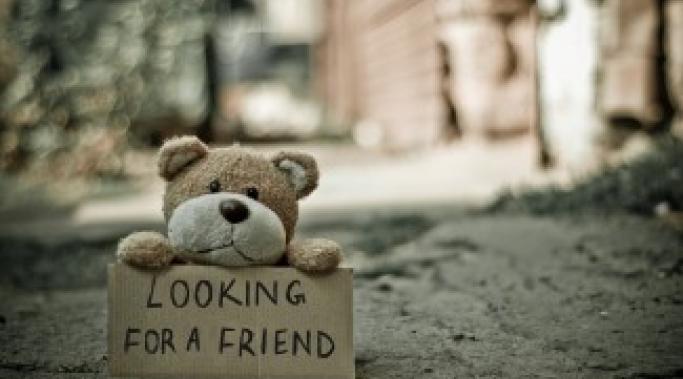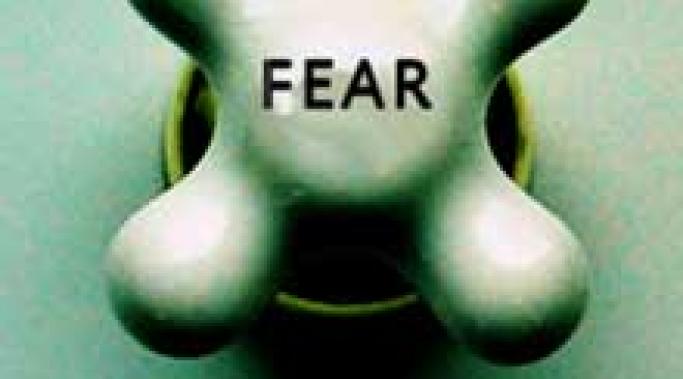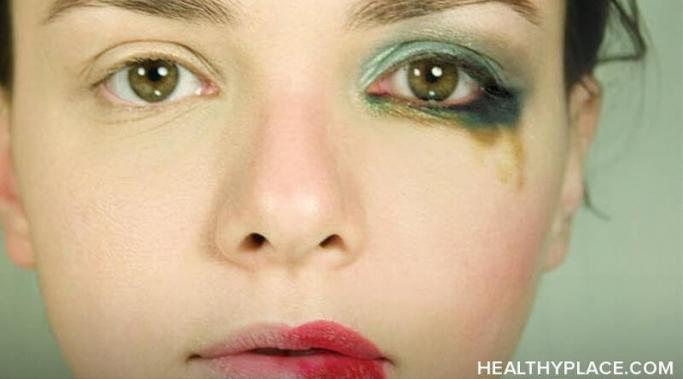This week on "Snap Out of It!", I talk with, well, me. I share my own story of what it’s like to work with a mental illness. I talk about mental illness stigma in the workplace and finally leaving the workplace because of mental illness. I also talk about some basic statistics about why mental illness in the workplace matters, and I answer your questions.
Bipolar Disorder
In this podcast episode, "Snap Out of It!" is pleased to speak with award-winning podcaster and mental health advocate Gabe Howard. Gabe has lived with bipolar and anxiety disorders since 2003. Gabe has a harrowing tale of when he was first diagnosed with bipolar disorder. Not only does he speak to what it is like to work with bipolar disorder before being diagnosed, but he also speaks to what it is like to “come out” at work and, finally, be fired because of bipolar disorder.
"Snap Out of It!" is honored to have spoken with Saskia Lightburn-Ritchie, the Chief Operating Officer (CEO) of My Cheshire Without Abuse (My CWA). Saskia lives with bipolar disorder, and she is proving every day that it's possible to be successful even with a serious mental illness.
Supporting someone who suffers from bipolar disorder can be a difficult and challenging experience. Having lived with two people who suffer from some form of bipolar disorder, I’m only now starting to figure out how to help people with bipolar disorder. It’s taken years for me to understand how their ailment affects their way of thinking and how best to help them when they have emotionally intense episodes.
This story of bipolar denial begins as all stories begin – with me thinking I was the Duchess of Windsor and seventy crates of sardines I'd forgotten I'd ordered showing up at my door. Obviously, something was wrong. I didn’t know it at the time, but I was denying bipolar disorder.
I have a brain disorder. A real brain disorder. It’s not made up. It's called Tardive Dyskinesia and it was caused by antipsychotic medications that I was prescribed to help control my bipolar disorder. And the kicker? I don’t believe I ever had bipolar disorder. I haven’t been depressed, suicidal, manic, psychotic or anything but happy since I got off my bipolar medications. It was the best decision I ever made in my life. I just wish I had made it a little sooner.
Four years ago, I was diagnosed with rapid-cycling cyclothymia. It’s like a milder version of Bipolar Disorder, complete with hypomanic and depressive cycles, but I can cycle several times within a week, or even a day. (read: Rapid Cycling Bipolar Disorder: Symptoms, Treatment, Effects)
No two days are alike. I realize that it’s difficult to understand. Things change so quickly that it confuses me, let alone an outside observer. There is so much misinformation “out there”, that it’s tough for people to piece together an accurate picture of this condition. So I thought I’d take the reader on a journey of what a day could be like when I’m especially rapid-cycling.
How My Mental Health Problems Manifest as Fear
I was diagnosed with clinical depression in 2002 at the tender age of 19. Since then, my diagnosis has changed to bipolar disorder and a typical day for me is rarely free of some type of anxiety or depression. In the beginning, a number of fears came over me ranging from a fear of social situations to fear of failure and an overall fear that I would live the rest of my life fighting an endless battle trying simply to enjoy all of the wonderful things life has to offer. At the end of the day, I am strong – but so is my disorder.
For me, hypomania is the state before a manic episode. I experience happiness, creativity, energy and an absence of inhibitions. It’s pure bliss. And the part of your brain that worries about consequences turns a blind eye to your hypomanic adventures. But the downsides of hypomania and mania are just as awful as those of a drug addict who hits rock bottom- job loss, failed marriages, arrests and sometimes even death.








